The penchant of Nigerians for lavish publicity in foreign media has met a stonewall in CNN which has been rejecting political advertisement.
With the 2015 elections drawing close, several politicians are shocked that the American international cable channel, which is one of the favourites in Nigeria, has been turning down commercials with overt political messages.
CNN adverts do not come cheap but many Nigerian companies and politicians typically value the prestige above the economic cost.
This has also created a bandwagon effect, with many falling over one another to get on the international media.
Advertisement
It is estimated that Nigerian companies and various state governments spend billions of naira every year advertising in foreign media, notably The Economist, Financial Times of London, CNN International and SuperSport.
“We approached CNN agents in Nigeria to place some adverts for our principal. We sent the creatives to them as requested and they returned them, saying they do not run commercials that are intended to campaign for votes. We could not believe it,” a consultant to a presidential aspirant told TheCable.
Another, who is working for a state governor seeking re-election, said he had a similar experience.
Advertisement
But an official of CNN told TheCable that it was a general rule not to accept certain advertisements and there was no discrimination against Nigerian politicians.
Ashley Hogan-Gancarz, the account manager of CNN International, informed TheCable: “CNN International never accepted political or religious advertising. This is due to Ofcom regulations.
“If you want to promote investment opportunities, etc. that would be fine but nothing to do with politics or the 2015 election.”
Ofcom is the regulator of the broadcast industry in the UK, from where CNN International oversees its African operations.
Advertisement
CNN’s rejection of 2015-related adverts is expected to benefit local media in Nigeria. Part of the advertising budget is now expected to be spent locally.
26 comments

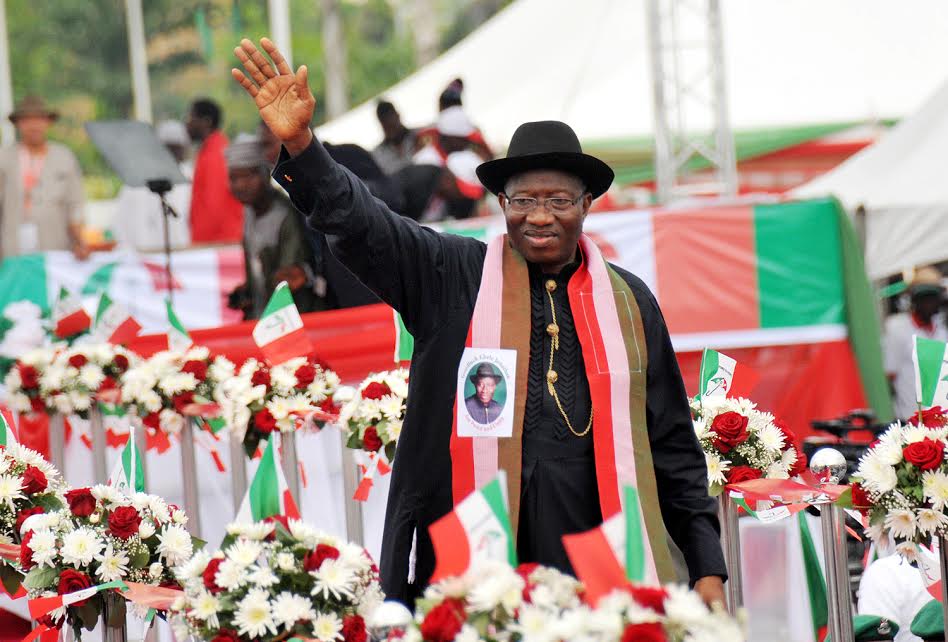
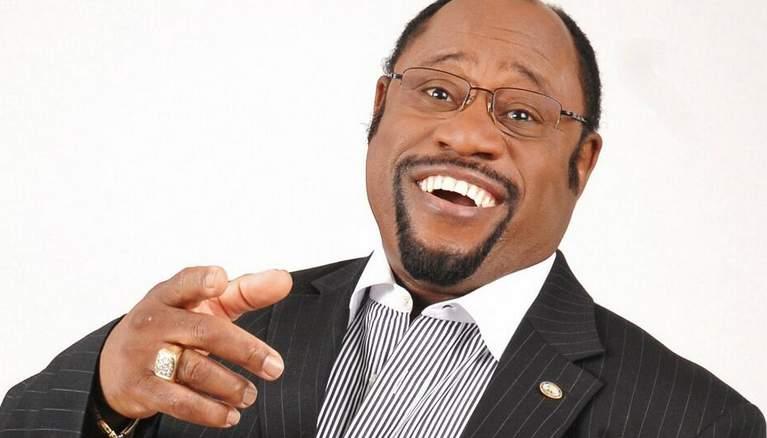
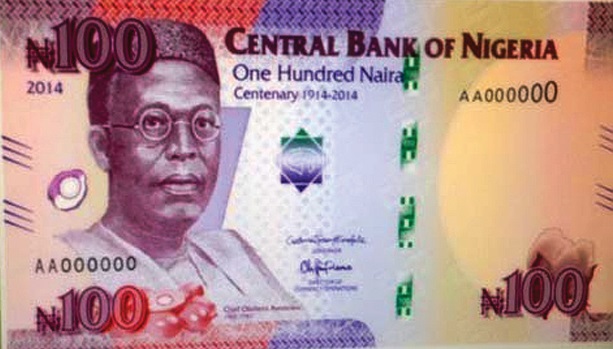
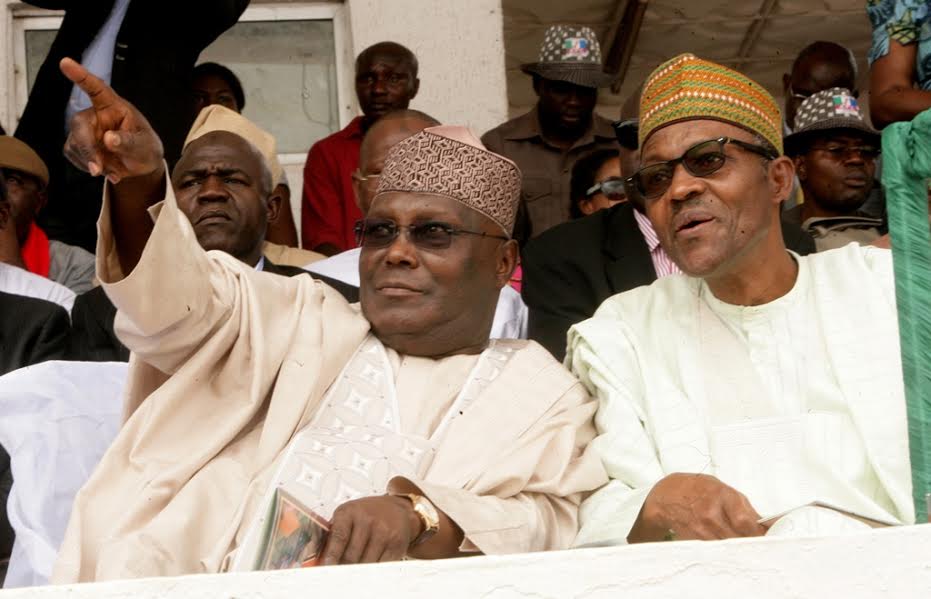
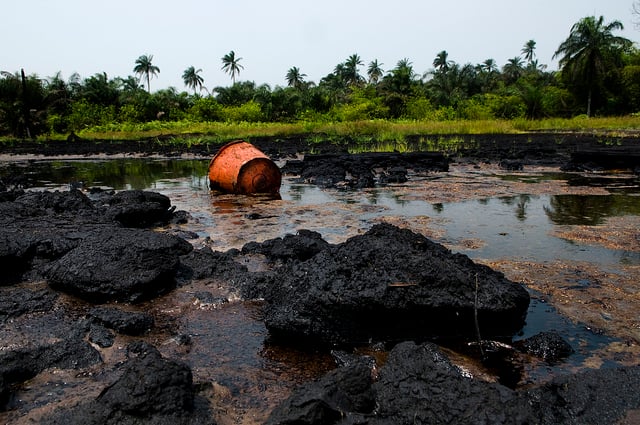
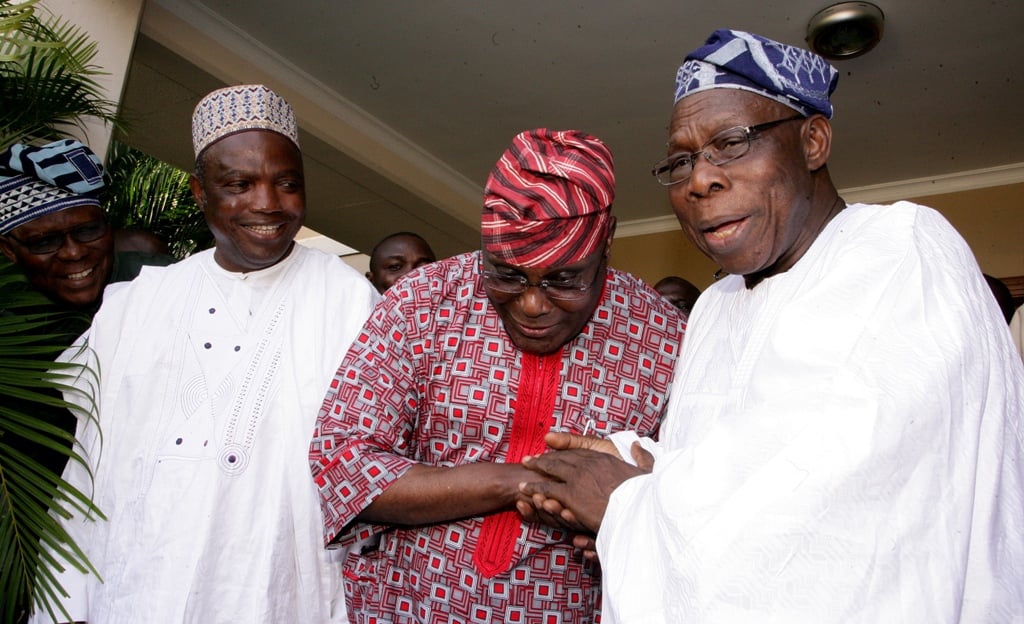
I am from Nigeria and I love this.
THIS IS A LESSON TO OUR CORRUPT POLITICIAN WHO HAVE STOLE OUR MONEY SO AS TO USE IT TO CAMPAIGN THIS MONEY USE FOR FORIEGN MEDIAN ADVART IF USE TO BETTER THE LIFE OF ORDINARY NIG U DONT NEED ANY MEDIAN ADVERT TO SELL OUR SELF.
Shame has been expunged from our politicians lexicon…Y wasting resource
Good Ethical morals. What credible media outlet will run political adverts? On what basis? The instigators of this agenda are plain incompetent.
they should go to NTA
Apart from TAN, why should anyone go to NTA which already runs on government subvention? This is the time to support the true independents like AIT, Channels, TVC, etc, etc. True, they may each have a slant, but they do not have overt members of political parties,government functionaries and members of the National Assembly running or overseeing their operations. I am actually looking forward to the day frcn and nta will be sold off.
Ignorance!! You need to investigate, and wise up.
They should come 2 tv Gotel yola
Local media too should now hike their advert rates.
CNN should make an exception and help advertise this plan if you want to be called best Governor of Anambra State:
– Do not conduct local Govt. election
– Use constitutional LGA funds and develop areas of your choosing in the State.
– Starve the party that brought you to power of funds.
– Make sure none of your party faithfuls vie for senatorial position. Use rejects from the ruling party.
– Build breweries, shopping malls in Abuja, wineries in S. Africa and a truckload of cash in banks.
– Jump from your party to the ruling party as soon as you leave office in pursuit of Ministerial position.
AND BE DECLARED THE BEST GOVERNOR ANAMBRA EVER HAD.
good news tel Nigerian top governments official to purchased food to the refugees camp not to go and spend money
Great lesson for our polithiefians
Good riddance to bad rubbish. Bravo CNN
Well ethical standard
That’s the right thing to do. Nigeria jagajaga.
They are too dump to observe that and instead of sspendind the cash on profiting ventures like school buildings cause i am very sure they will intend spending over 10 million naira which is enough to build a standard 3 classrioms with toilets
Let them come and advertize on our platform invest in us that is the way forward is you want to lead.
I support CNN, it goes to show that our leaders have inferiority complex.
Thank you CNN. It is all stolen money anyway.
It is a big lesson for them
really.. Nigeria my country should be banned from everything abroad.. its probably the only way this irresponsible big for nothing African country will be forced to take its rightful place as leader on the continent instead of the perpetual wallowing in the mud of shame of corruption and on going decadence..
Good message, ryt thots!!!
Charity to them ….begins abroad!! May be they shud try…BBC….instead.
I have my own media outfit called Okokoroko which at Moneyland.Each slot cost #5.5m only if you are a politician
Quick Count Launch And The Credibility of 2015 Elections
By Armsfree Ajanaku
The 2015 elections are most likely to be very competitive. They will also determine a lot of things regarding the development of our country. Some have said the elections have the potential of setting us against each other should they not be free, fair and credible. It is also not in doubt that credible elections are a catalyst for good governance, development and the sustenance of Nigeria’s evolving democracy.
With all of these in mind the question that arises is, how do we accurately measure the credibility or otherwise of the much anticipated 2015 general elections? In the face of the trust deficit that characterizes engagements in Nigeria, this is a question that preoccupies the minds of many Nigerians ahead of next year’s elections. There is an election observation methodology that has been used in a number of countries in enhancing the credibility of the electoral process. That methodology known as Quick Count or Parallel Vote Tabulation (PVT) will be adopted in observing and independently assessing the conduct of the 2015 general elections. The methodology will be deployed by the Transition Monitoring Group (TMG); the largest election observation coalition in Nigeria.
On August 26, 2014 the big hall at Kanem Suites, Utako, Abuja was filled to the brim with citizens from Nigeria’s six geo-political zones and members of the international community. It was the date set aside for the launch of the TMG’s 2015 Quick Count Project. It was a gathering of men and women, who have risen above Nigeria’s primordial schisms and fault lines for a national course.
It was easy to see patriotism, passion and candor in the eyes of the men and women who converged on the conference at the launch. A plethora of election stakeholders including the Independent National Electoral Commission (INEC), Civil Society Organizations (CSOs), International Development Agencies and media were in attendance.
The focus of the day was the Quick Count methodology and how it will be used to verify the outcome of the 2015 presidential election. 146 out of the 233 people gathered in the conference at the venue were the State Coordinators (SCs) and State Deputy Coordinators (SDCs) who will manage the Quick Count at the State level. Quick Count was also a major focus at the Biennial General Meeting of TMG, a day earlier.
There was palpable excitement in the hall when Chairman of the Transition Monitoring Group (TMG), Comrade Ibrahim M. Zikirullahi broke the news that the coalition will be observing the 2015 polls using the Quick Count methodology. He said: “TMG will thus deploy observers to all 774 LGAs – whether this means traveling to the most inaccessible riverine areas or to the most remote desert villages – to maximize geographic coverage to analyze the 2015 election”. In his reaction to the launch of the 2015 Quick Count Project, Prof Okey Ibeanu, Chief Technical Adviser to INEC Chairman Prof Attahiru Jega said “It has helped INEC to be on their toes while carrying out their functions, this is because it serves as a scientific way to verify INEC results. It has also helped to show credibility of our work. We are happy with the work TMG is doing.” Prof Sam Egwu of the Department of Political Science, University of Jos, provided a graphic illustration of the power of Quick Count. He said “As an academic, I believe Quick Count has raised the confidence of the people, the voters in the electoral process”.
Ezenwa Nwagwu, Political Coordinator at the European Union (EU) said Quick Count data can be used by INEC officials, political scientists, journalists and political parties to assess the elections.
A major milestone at the launch was the launch of the 2011 Quick Count data visualization website http://www.tmgtowards2015.org. The website contains the data collected during the observation of the 2011 election, using Quick Count. The website is divided into three sections: story pages that highlight lessons from the 2011 elections; an issue page with an interactive map where users can explore the observer data for themselves; and geography pages that provide profiles of the conduct of the 2011 elections in each geopolitical zone, each state and each local government area (LGA).
The website is a critical tool for all Nigerians, media reporters, academics, researchers, activists etc. It is first of its kind, the very first website around the world, which presents Quick Count data in a very factual manner. Since the conception of the Quick Count methodology in 1986 in the Philippines, its data has not been presented elsewhere the way the 2011 presidential election data is presented on this website.
Quick Count is a gold standard election observation methodology under which well-trained stationary election observers are deployed to a representative random sample of polling stations in an electoral constituency; from where they send coded text messages in response to specific questions on Election Day processes and results to a designated database. This helps the deploying organization and a country independently assess the quality of Election Day processes like opening of poll, accreditation, voting and counting. It also helps them verify the results released by Election Management Bodies (EMBs). The deployment of Quick Count is a huge operation that requires the deployment of statistics, ICT and large number of skilled personnel.
For the 2015 presidential election alone, TMG will deploy 148, Sate and Deputy State Coordinators, 774 Local Government Area (LGA) Coordinators and thousands of election observers whose exact number will be determined by a representative random sample of all polling stations in Nigeria. All of these personnel will pass through a minimum of 37 trainings at the state level. This methodology is being deployed by TMG with funding and technical support from the United States Agency for International Development (USAID), British Department for International Development (DfID) and National Democratic Institute (NDI). Nigerians need to keep a close tab on the process as we gradually edge towards the 2015 elections.
Armsfree Ajanaku, Media Manager of TMG wrote from Abuja.
@ salim jega I think you should heed the advice i’ve for several times been harassed by nigerian police but I still respect the uniform I’m not a police man neither do I plan on been one but please your statement is a bit harsh